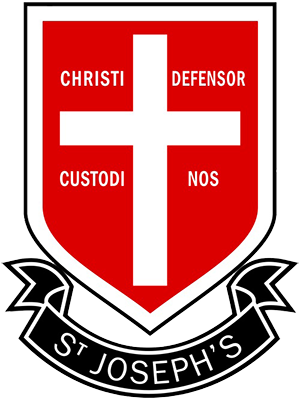Curriculum
PE
Intent
To unlock and inspire a life-long love of being physically active whilst empowering students to develop their compassion, eloquence and leadership through a variety of roles in the sporting world.
Enacting our Vision
Our KS3 and KS4 curriculum has been designed to be inclusive to all by offering a broad range of sports throughout the year including skills/fitness testing, health & fitness, invasion games, net/wall games, alternative sports, striking & fielding games, athletics, OAA and gymnastics. Each term has been carefully designed to ensure that they get at least two different categories of sporting activity to participate in. This will help to increase overall enjoyment, willingness to participate and performance.
All schemes of work are carefully planned ensuring clear progression. This means that key knowledge and skills in each unit/sport are revisited and extended each year. True to our curriculum vision – each year (except Year 11) begins with a ‘fitness testing/health and fitness’ unit. It is important that we begin each year like this as this is when we introduce/recap our vision of a ‘living a healthy, active lifestyle’. Building from this unit, we will continue to embed basic knowledge and skills to live a healthy active lifestyle within each lesson through the year. Students will work through a beginner, intermediate and advanced scheme of work as they progress through the school.
Contribution to Catholic Life
"Sport can walk hand in hand with faith. Sport trains body and spirit for perseverance, effort, courage, balance, sacrifice, honesty, friendship and collaboration”
- Pope John Paul II
Our school pupil profile values: 'faith-filled, gratefulness, truthfulness, curiosity and compassion' relate beautifully to the quote above and will be embedded into every lesson within our PE curriculum. PE will achieve this by making a unique contribution to developing children’s physical, cognitive, social, interpersonal, emotional and spiritual wellbeing. It provides opportunities for children to be creative and competitive while learning to work with and be compassionate towards others. Our curriculum encourages all children to participate in sport in order to develop an appreciation of, being active, to develop their curiosity and to be grateful of the abilities of others and an awareness of opportunities to enjoy fulfilling leisure activities. Students will be taught to have faith in themselves and others when they are finding a skill difficult and to support one another to perform to their best abilities. Students will be taught truthfulness through fair play and sportsmanship.
BEGINNER
At this stage, students will develop a range of core skills and develop their knowledge and understanding of the rules of different sports. They will know six different fitness tests and interpret their own fitness using a normative data table. Explain the basic components, structures and functions of the musculoskeletal and cardiorespiratory system. Explain the basic skills and qualities of a sports leader and be able to lead a two-part warm-up in pairs.
INTERMEDIATE
Students will demonstrate greater fluency for the basic skills covered in the beginner scheme of work for a variety of different sports. Students will be introduced to basic tactics and strategies for a variety of sports and begin to implement them when directed to do so. Students will be able to discuss appropriate methods of training that can be used to improve their fitness using their fitness test results from this year and previous years. Students will re-cap the components of and the structure and function of the cardiorespiratory system and begin to explain the long-term benefits of regular exercise on each system for overall health. Students will be able to deliver a 3-part warm-up and small activity in a small group
ADVANCED
Students will develop more advanced skills for a variety of sports, creating their own tactics and strategies and implementing them appropriately in increasingly competitive situations. Students will be able to evaluate their own fitness using their fitness test results from this year and previous years, they will explain how to improve their fitness using the methods and principles of training. Students will be able to explain basic psychology in sport focussing on motivation. Students will be able to describe the nutrients required for a healthy diet and the important of hydration. All students will be able to deliver a 3-part warm-up for larger groups and independently lead an activity.
BTEC SPORT
Students get the opportunity to deepen their curiosity and develop their understanding of sport in a variety of setting linking to future career avenues. Year 12 see’s students look in-depth at the physiological process’ of the human body within sport. But this is counterbalanced with a coursework unit of careers in sports. Marrying these two topics together highlights all future prospects for any student wishes to fulfil a career in the sporting industry. Year 13 asks students to look at their leadership qualities in a practical unit as well as an exam element, which is asking the pupils to analyse performers lifestyles. This unit in year 13 solidifies to the pupils, their personal intent on continuing with physical activity after leaving and provides scope and understanding of what the impact of a positive and negative lifestyle can have on themselves as well as others. This qualification is closely linked to areas in biology and the vocational aspect draws on skills pupils would have established from GCSE English. The opportunities on offer from completing a qualification like BTEC range from university, apprenticeships and the world of world.
PE After School Clubs
See link to our extra-curricular page here.
CAREERS IN PHYSICAL EDUCATION
https://successatschool.org/advicedetails/562/Why-Study-Physical-Education-PE-%3F
CONTACT US
For further information regarding Physical Education, please contact the following:
Mr Fergus Walsh (Head of PE) f.walsh@st-josephs.slough.sch.uk
